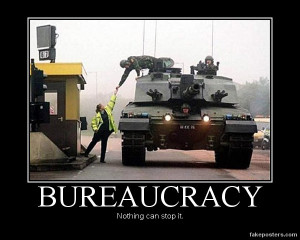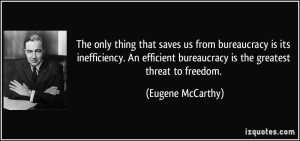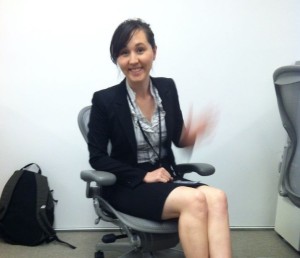Mark Temnycky is currently taking part in the Maxwell-in-Washington program while simultaneously interning at the United States Department of Defense working on NATO policy. He also had an article published in Forbes. Check out his Forbes article>>
My name is Mark Temnycky. I am a Ukrainian-American pursuing a Master of Public Administration and a Master of Arts in International Relations. I am also seeking a Certificate of Advanced Study in the European Union and Contemporary Europe, and a Certificate of Advanced Study in National Security Studies.
This summer I was fortunate to intern at the Committee of Foreign Affairs of the Verkhovna Rada [parliament] of Ukraine, where the duration of the internship lasted 9 weeks. During this period I wrote various reports for the committee on world events and how they affected Ukraine. For example, I provided analyses on what ‘Brexit’ might mean for Ukraine’s EU membership bid; how the developments of the NATO Warsaw Summit might shape the future of national security in Eastern Europe; and the EU’s current strategies on Russian sanctions. In addition, I translated government documents from Ukrainian into English, and translated international documents, such as news reports, from English into Ukrainian.
During my days off, I was able to explore Kyiv and other regions of Ukraine, such as Lviv, to learn more about the history, culture, and traditions of Ukraine. For example, I visited the grand churches of Kyiv; the old memorials to the Soviet soldiers who had fallen during World War II; the Ukrainian Catholic University in Lviv, which recently started its own Master of Public Administration Program; and visited longtime friends from the Plast Ukrainian Scouting Organization. Moreover, given my particular interest in Eastern European affairs, I was fortunate to have traveled to various Eastern European countries during my time abroad. Through these trips I was able to build a stronger appreciation for Eastern European history and culture; further strengthened my Ukrainian and German language skills; developed rudimentary Russian language ability; and learned what it meant to be a citizen of Ukraine and Eastern Europe.
Overall I am very blessed and thankful for this experience. I learned more about the various administrative processes of the Verkhovna Rada and its parliamentary system, the various issues that Ukraine faces during the twenty first century, and the strength that the Ukrainian people have in order to overcome these issues. The experience was simply surreal. Thank you Ukraine!




